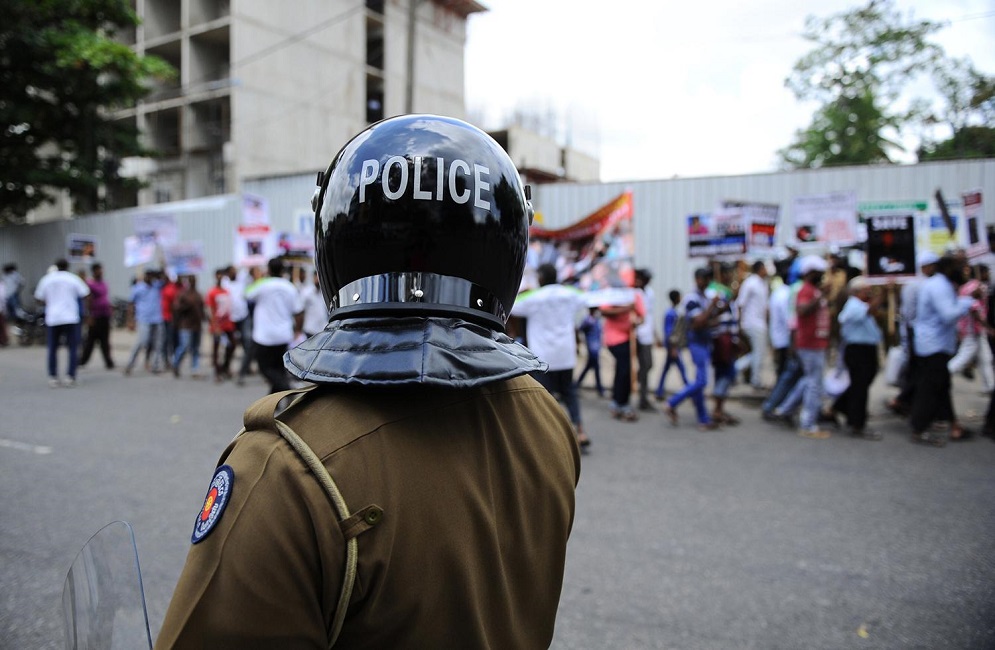Government security forces have increased intimidation and surveillance of human rights activists, victims of past abuses, lawyers, and journalists. Minority Muslim and Tamil communities have faced discrimination and threats.
The Government pushed through passage of a constitutional amendment that undermines judicial independence and weakens oversight institutions, such as the Human Rights Commission of Sri Lanka.
In February, Sri Lanka withdrew its commitments to the 2015 United Nations Human Rights Council for truth seeking, accountability, and reconciliation following the country’s long civil war.
“The Rajapaksa administration has quickly reversed human rights gains of the previous government, making minorities more insecure, victims of past abuses fearful, and critics wary of speaking out,” said Meenakshi Ganguly, South Asia Director at Human Rights Watch.
“Even the limited progress on postwar reconciliation is being undone by a greater military role in governance and the government’s dismissal of its international commitments to truth and accountability,” she noted.
HRW noted that President Rajapaksa has appointed certain individuals to senior positions, who, like himself, were implicated in war crimes during the civil war that ended in 2009, including the defense secretary, Kamal Gunaratne, and Army Commander General Shavendra Silva.

Leave your comments
Login to post a comment
Post comment as a guest